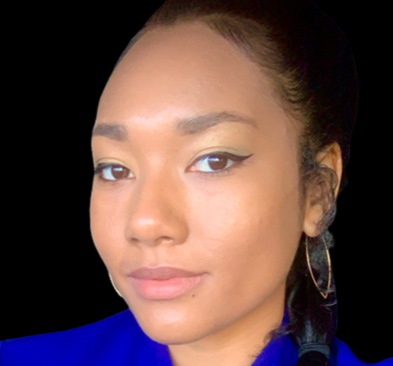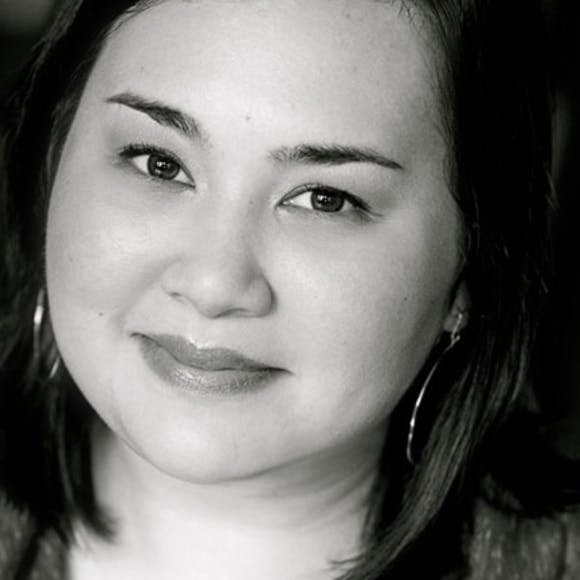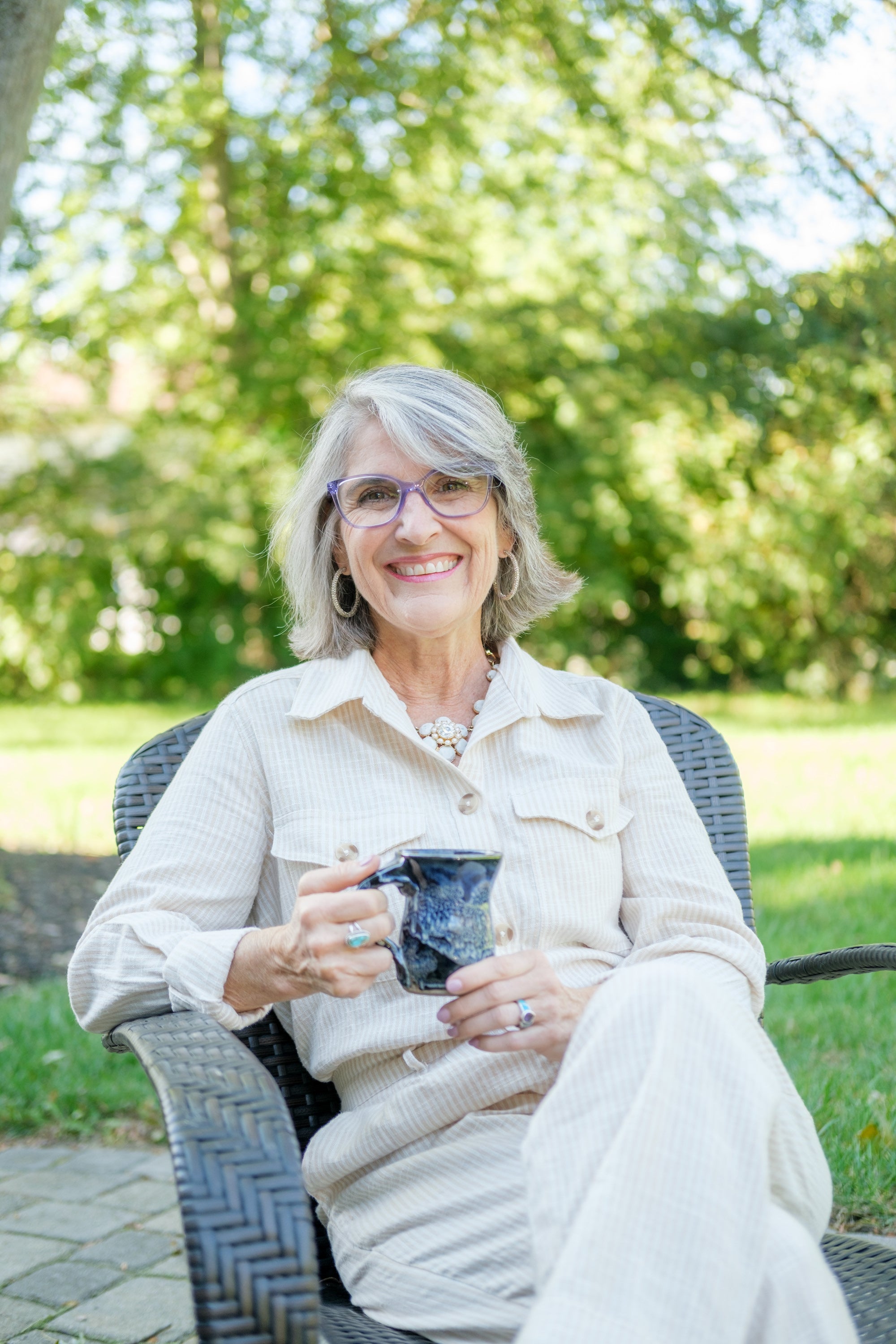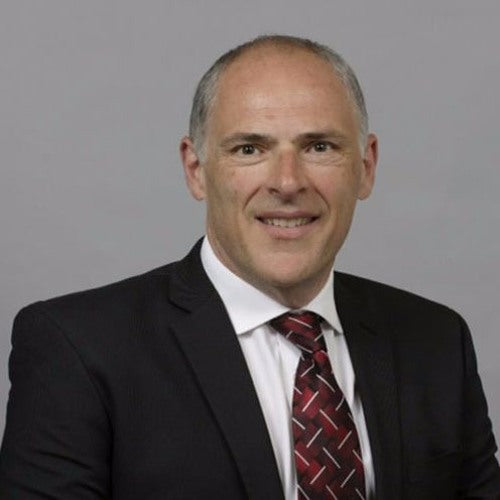Author: Megan Logan
Author Bio:
"Providing therapy for the last 20 years, Megan Logan has worked with many different populations including abused children, sexual assault survivors, those struggling with eating disorders and various mental health conditions. Helping others to heal through their challenges and adversities has given her wisdom and insight on how to become unstuck and move forward in life. Megan has always enjoyed developing creative and unique activities and interventions in her child and adolescent therapy sessions."
1. How would you describe yourself?
A paradox! As an introvert (INFJ on the MBTI), I tend to need lots of alone time to recharge. I am analytical and enjoy pondering deep philosophical ideas. Yet, I delight in spontaneity, humor, and have a child-like wonder of the world. Others describe me as empathic, easy to talk to, and "real". I have a unique ability to transform negative events into healing and growth. My love for music and family, animals, being in nature, and the simpler things in life has helped me to find balance and allowed me to practice 20+ years as a therapist.
2. How did you find your passion for helping people with their mental health? What is it about that industry that interested you so much that you decided to pursue it as a career?
As a teenager, I participated in counseling for depression, anxiety, and an eating disorder. This experience inspired my healing and recovery which then shifted to me giving back to help others. As a freshman in college, I declared Social Work as my major which allowed for more diversity in career paths.
My original dream of having a private practice took me on a 10-year journey through a variety of job settings ranging from domestic violence shelters, hospice, community-based mental health, and foster care. These experiences helped shape me as a clinician and grow in my skills and knowledge.
3. Tell me about the moment you decided you were going to write, “Self-Love Workbook for Women”. Where were you, and how did you decide on “yes, I’m going to do this”? What inspired you?
Last year, I began randomly (or maybe not so randomly) receiving emails from a publishing/marketing company about writing the Self-Love Workbook. I would delete them, thinking there must be some catch or a mistake. Then the pandemic and quarantine hit causing my schedule to shift and allow for more focused time to put into a new endeavor. I had always dreamed of writing a book but never found the time or had the confidence.
The proposed subject matter certainly resonated given my personal and professional insights. I wrote the book in a month and at times the ideas just flowed so quickly out of my brain into my fingertips!
Around the same time, I had met an author, Ryan Hamner. His autobiographical book, "This Is Remission: A Four-Time Cancer Survivor's Memories of Treatment, Struggle, and Life" inspired me to want to help others on a broader scale. Getting to talk with him about his experiences helped me realize I could do it.
Ryan became the catalyst in me taking action. He was a real-life award-winning author that had leaped to share his story and wisdom in overcoming struggles. Inspiring and certainly confirmation that I should see this opportunity as a green light!
4. Why is self-love so important to living a fulfilling life? What is your advice to someone who is struggling with overthinking and caring about what others think of them?
Self-love allows for so many possibilities in life. From having healthier and more fulfilling relationships to finding your authentic self and ultimately inner peace. Without self-love, we tend to put others first and limit ourselves and opportunities. As teenagers, most of us can relate to worrying about what others think of us. This becomes exhausting and paralyzing as we fear judgment and not being good enough.
Something I always share with the teenagers I work with: When we judge others, it is usually a reflection of our insecurities or issues. For example, if I feel insecure about my body, I might compare myself to others at the beach. I might feel less attractive or even more attractive...either way, this judgment reflects my focus on my insecurity. And so it is with others that judge us.
Realizing we become mirrors for others allows for peace in letting go of what they think. Oh and by the way, I prefer to go to the beach to feel the sun on my face, find seashells and other treasures, and play in the waves. It's all about where you choose to focus your attention.
5. What kind of impact do you wish to make on the development of women through your workbook?
I would love for all women to permit themselves to realize their unique gifts and to not feel guilty for taking this time for themselves. So many women nurture and care for others, putting themselves last. This can lead to resentment and blurred boundaries as well as stagnation. Imagine what our world would be like if more women realized and celebrated their gifts and had the confidence to fully embrace and love themselves!
6. How would you describe therapy’s effect on people's lives? Why is it so effective in helping people deal with their issues?
Therapy provides an opportunity for healing and growth. In a safe space where someone can share openly without judgment, insight and change flourishes. So often people close off, numb, and disconnect from their uncomfortable feelings.
This may lead to addictions, depression, and unhealthy relationships. Therapy gently shines light on those darker places within ourselves. Often clients share that they find themselves disclosing things they have never told anyone. What an honor and privilege to allow for this level of vulnerability! Therapy creates a vehicle for insight and the movement forward.
7. You dedicate getting to know your clients on the first session, as you mentioned on your website. What are some characteristics/qualities you look out for when you're getting to know your patients? What are some signs that let you know they need help?
In creating a safe space and connecting with others, the first step must involve a nonjudgmental and validating mindset. I have developed quick assessment skills and intuitive awareness of others from the words chosen, to body language and micro-expressions on a client's face.
Even how someone sits on the couch helps give me information on how they might feel. If someone presents in crisis or has a deeply emotional response, I attend to those immediate feelings and offer support and validation first. Sometimes people need a safe space to vent and share their feelings and other times people need more direction and action steps. Usually, an open dialogue helps determine what direction we will take.
8. How did you use your experience as a therapist to help you create this interactive journal?
The whole self-love workbook comes from techniques generated from my 20 years of providing therapy sessions. I specialize in working with survivors of sexual trauma and eating disorders, so much of my clinical work has surrounded the issues of self-love for women.
The activities and prompts in the workbook come from actual real-life therapy sessions and assessments that I might use with clients to get them thinking or reflecting. Some of my clients that have read the book say it sounds just like a therapy session with me! I find that therapy becomes more powerful when allowing for creativity and expression.
9. What kind of feedback have you received since publishing the “Self-Love Workbook for Women”?
I have been amazed at the number of women that have reached out from all over the country to share how they are using my workbook book from self-love support groups, on their journeys to professional colleagues using it as an adjunct to therapy. So many inspired women taking the time to use the workbook brings about a collective change in women's empowerment and healing on a broader scale. As a clinician working 1:1 with clients, it feels amazing to know that so many women have embraced this journey and my work can touch the lives of so many.
10. What are your thoughts about the social pressures girls and young women go through today? Do you think people are starting to be more accepting and inclusive of others or has society gotten more materialistic with time?
In working with teenage and younger girls over the years, I think a tremendous amount of pressure still exists. Social media and the bombardment of the "selfie culture" perpetuate a continuous message of "not being good enough".
While a push towards inclusivity and acceptance continues to move in the right direction, it becomes important to embrace the unique qualities and aspects of what it means to be female without trying to change or hide this. Young women get mixed messages and this results in confusion and sometimes the perpetual quest for finding worthiness outside of themselves.
11. What is your personal story in finding self-love and confidence?
Pretty sure the self-love journey has been a lifelong endeavor for me. I started early, in high school and college, with my recovery from an eating disorder. I continued to learn ways to practice self-love and develop an appreciation of my special qualities and personality as well as embracing my changing body after having children.
I eventually learned the importance of setting healthier boundaries and how to have more balance in relationships. After 17 years of marriage, I made the scary decision to divorce and start over. This started another trek on my self-love journey. At times writing this book allowed for my reflection and healing as I navigated the insane and sometimes disappointing world of online dating in my forties.
I believe the timing of this book and the next chapter in my life have not been coincidental. Truly, the activities and prompts in this workbook came from my lessons and growing points along the way as well as witnessing other's journeys. Even having the confidence to write the book and realize that I have something worthwhile and meaningful to share has proven both humbling and fulfilling and perhaps an act of self-love.
12. What’s your best advice for getting over writer’s block?
I found that writing a workbook with a variety of engaging exercises and prompts proved most challenging. The narrative sections came much easier to me, as it is often the things I say and share in sessions. At times I would find myself stuck, unable to come up with one more activity. So many of the ideas and concepts started to blend.
As a result, I found myself reflecting on activities I developed in sessions to help clients, particularly teenagers. Those creative activities had a deep and meaningful impact upon some.
When stuck, I would take a break, walk on the beach, spend some time listening to music, or in meditation. Usually, overthinking shut down my flow and creativity. Another strategy involved paying attention to any flashes of insight or ideas, which usually woke me up between 3 am-5 am. Rather than roll over and go back to bed as I wanted, I'd force myself to get up and jot the ideas down.
13. What’s the best book you have read this year so far?
I recently read "The Boy Who Followed His Father Into Auschwitz" by Jeremy Dronfield. A true story, this book gave me chills. Such a profoundly important part of our history. Difficult to read at times yet filled with love and hope. Just wow.
14. What’s the best advice you have ever received on happiness?
As a therapist, people often come to therapy looking to feel happier. I always tell them that my definition of superior mental health is not feeling happy. It is allowing and experiencing the full range of emotions from sadness, anger, grief, and happiness.
This means you fully experience life and can eventually find peace in allowing any feelings. Most unhappiness comes from suppressing, numbing, and disconnecting from our feelings.
15. Do you plan on writing more books in the future?
I would love the opportunity to write another book. A few ideas rattling around my brain include a children's coping skills book, something on spirituality and finding our life purpose, or maybe even a therapist's memoir about life from the other side of the couch.
Places To Find More From This Author:
Website: www.meganloganlcsw.com








